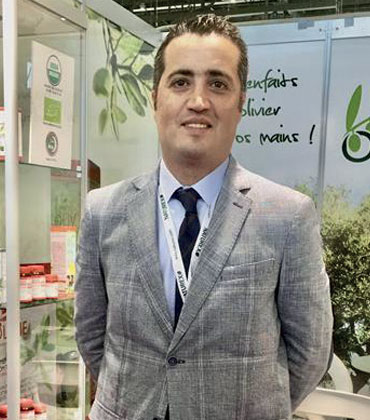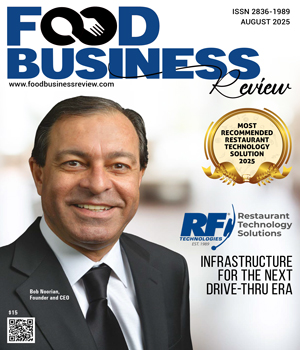Under Morocco’s radiant sun, where ancient soils and vibrant landscapes reflect centuries of tradition, a legacy took root in 1887 and steadily rose into the world’s culinary spotlight—Atlas Olive Oil.
Guided by Managing Director Othmane Aqallal, weaves together resilience and precision from the first furrow in Morocco’s unforgiving earth to the elegantly recycled glass bottles gracing North America’s finest tables.
The story of Atlas is a saga of generational ambition and an audacious bet on terroir. Rather than seeking out easy sources of raw olives across continents, the company has invested decades in shaping inhospitable terrain, where olive trees endure the brutal extremes of summer, temperatures rising to 123° Fahrenheit, conferring genetic constancy year after year.
These olives yield a distinctive oil, characterized as fruity, slightly peppery, and consistently flavorful, highly prized by culinary artisans and discerning consumers. This signature profile, rooted in unyielding patience and single-estate origin, has made Atlas a bestseller on major platforms like Amazon and a familiar name in the kitchens of Michelin-starred chefs.
Central to Atlas’s rise is a relentless scientific commitment. The company has invested over USD 1.5 million into clinical research, embarking on studies that traverse Japan, Canada, France, Malaysia, and Morocco. These studies have validated the effects of Atlas’s oils on cardiovascular and cognitive health and propelled product development far beyond traditional culinary boundaries.
Under the Olivie brand, Atlas offers olive oils with a uniquely high polyphenol content and functional supplements that have demonstrated efficacy in clinical trials, including double-blind studies improving attention and cognition among older adults.
Harnessing Innovation and Sustainability for Enduring Impact
The company’s vision extends deep into the sustainability ethos, transforming agricultural byproducts into innovative assets. Every olive branch, pulp fragment, and pit is recycled as eco-friendly barbecue briquettes or biochar. When examined under a microscope, this biochar reveals a labyrinth of micropores adept at capturing water and harboring beneficial soil bacteria.
-
We are committed to producing exceptional olive oil while making sustainability a core part of our mission
The result is more than just reduced water usage; it is a regenerating ecosystem that sequesters carbon and establishes the groundwork for truly regenerative agriculture.
“We are committed to producing exceptional olive oil while making sustainability a core part of our mission,” says Aqallal, capturing the ethos that radiates from the company’s every endeavor.
Technological ingenuity further defines Atlas’s operational edge. Through a partnership with Israeli innovators, Atlas developed AI-powered irrigation systems that calibrate water delivery with remarkable precision, ensuring that each olive tree receives only what is essential. This conserves scarce natural resources and fortifies Atlas’s position as a champion of responsible agriculture.
Even on the consumer-facing side, sustainability remains paramount. Atlas’s visually stunning bottles are manufactured from 85 percent recycled glass, eclipsing industry norms and reinforcing the brand’s environmental conscience.
Morocco’s privileged trade relationship with the U.S. offers Atlas another decisive advantage, a mere 10 percent import tariff compared to the 25 to 28 percent imposed on major European and North African competitors. This strategic positioning ensures an uninterrupted supply chain, indispensable for long-term planning and reliable market access on American soil.
Entering the Pantheon of Culinary Icons
Atlas transcends commodity status to stand as a lifestyle choice, its credentials spanning organic, kosher for Passover, halal, ISO 22,000, and GMP compliance. Its oils feature prominently in the world’s most demanding culinary settings, but its leadership does not rest on technical merits alone. Positive testimonials come in from customers reporting tangible health benefits, including weight loss, alleviated joint pain, enhanced mental clarity, and fresher breath, affirming the product’s superfood status.
As market demand accelerates for nutritionally rich and authentically sustainable food, Atlas’ future is poised for growth. New products, expanded retail partnerships in the U.S., and a continued commitment to scientific research and environmental stewardship are all on the horizon.
Thank you for Subscribing to Food Business Review Weekly Brief




